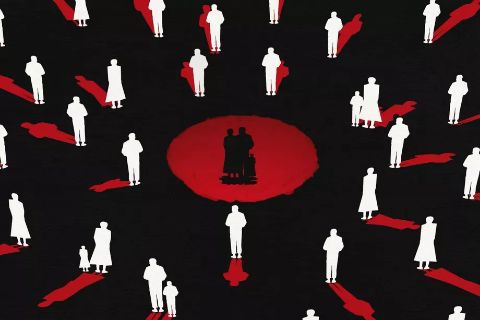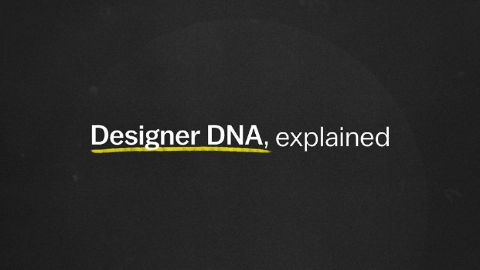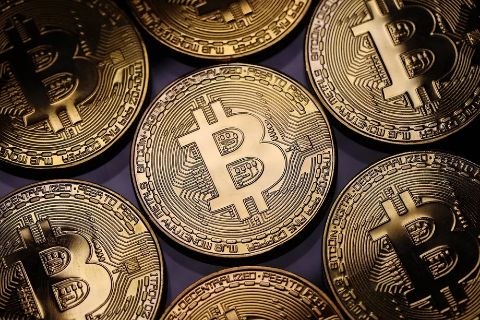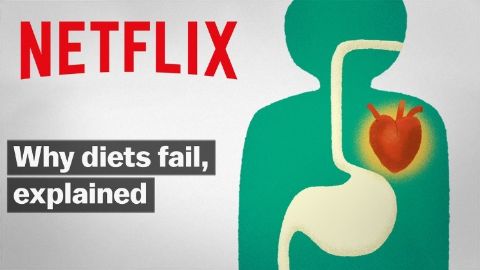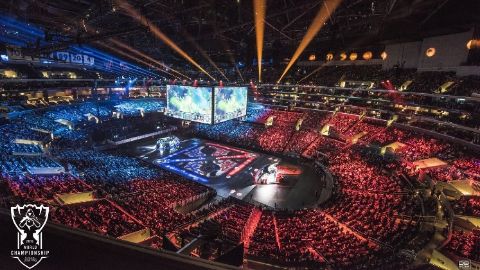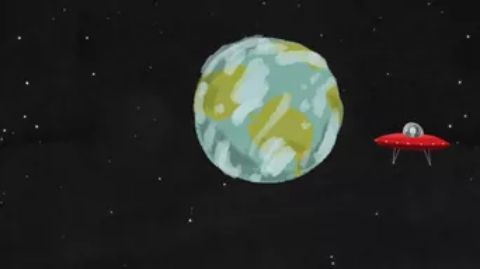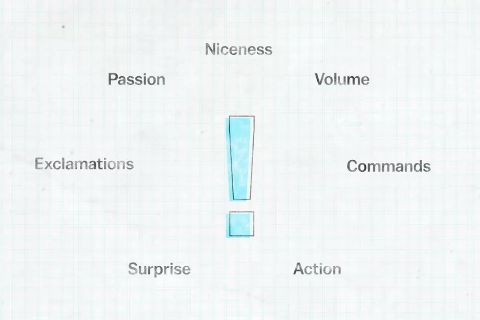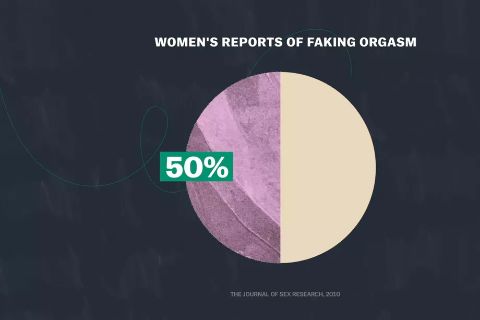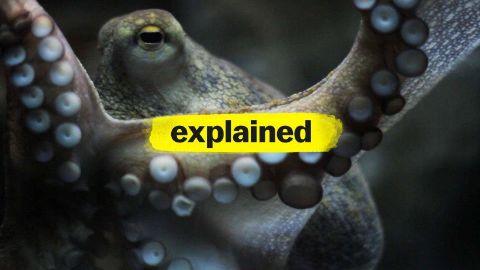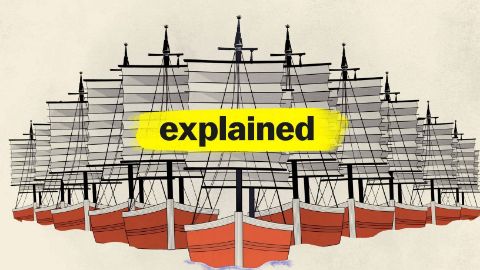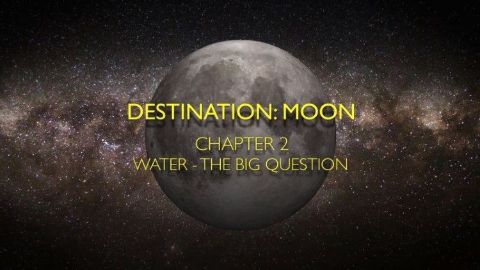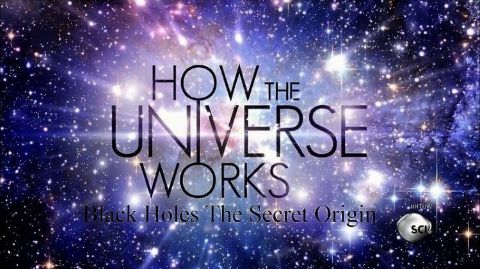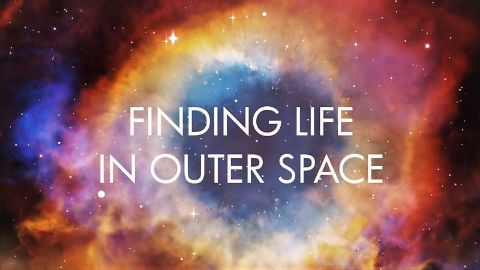Extraterrestrial Life • 2018 • episode "S1E9" • Explained
Explained examines the possibility of extraterrestrial life and looks at why we have not yet found evidence for its existence despite efforts to look for it. It considers the Fermi paradox which suggests that given the vastness of the universe that there should be a great deal of extraterrestrial life in our galaxy. It also consider conspiracy theories about U.F.O.
Make a donation
Buy a brother a hot coffee? Or a cold beer?
Hope you're finding these documentaries fascinating and eye-opening. It's just me, working hard behind the scenes to bring you this enriching content.
Running and maintaining a website like this takes time and resources. That's why I'm reaching out to you. If you appreciate what I do and would like to support my efforts, would you consider "buying me a coffee"?
Donation addresses
BTC: bc1q8ldskxh4x9qnddhcrgcun8rtvddeldm2a07r2v
ETH: 0x5CCAAA1afc5c5D814129d99277dDb5A979672116
With your donation through , you can show your appreciation and help me keep this project going. Every contribution, no matter how small, makes a significant impact. It goes directly towards covering server costs.
